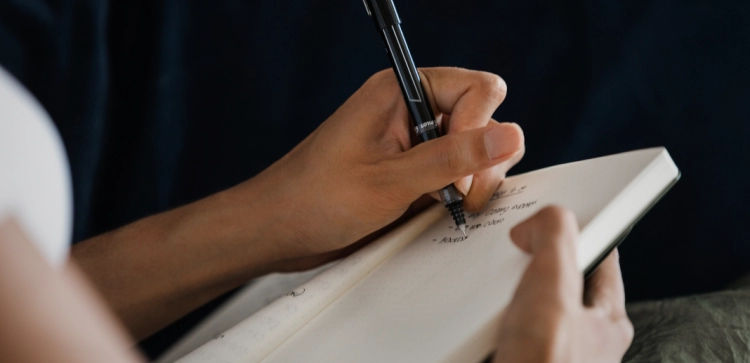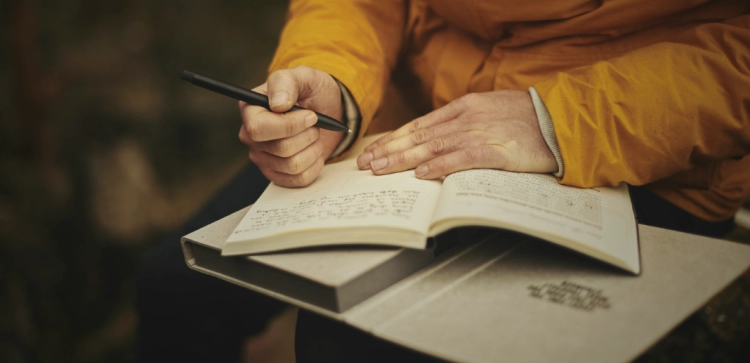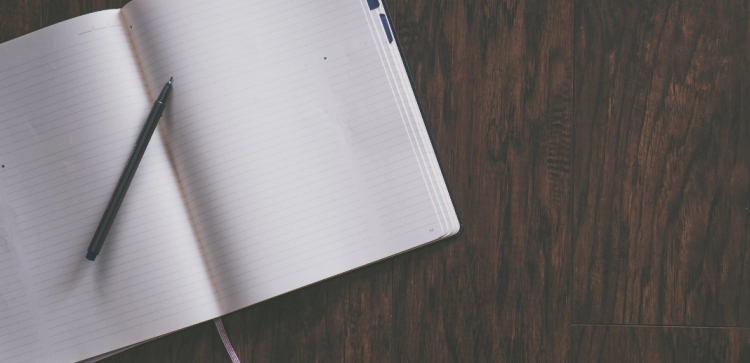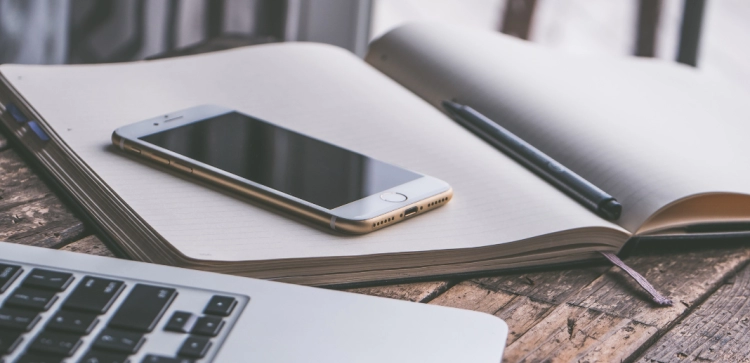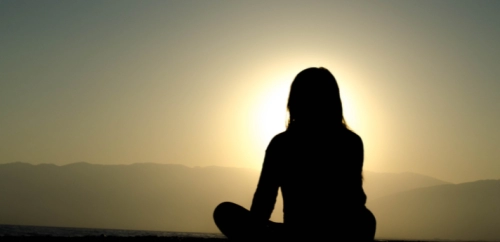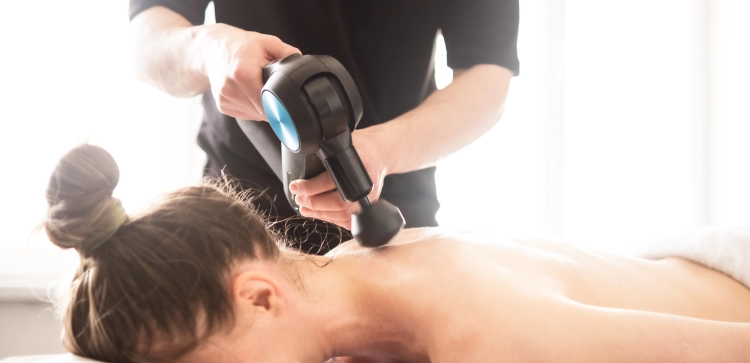Mindfulness & Journaling: Why The Two Go Hand In Hand

Often when people talk about mindfulness journeys, they focus on meditation and lifestyle changes. These are definitely important for the process of teaching your mind and body to be focused on the present. However, there are other practices that can be combined with meditation and lifestyle changes that will help create a complete mindfulness journey.
One of these is mindfulness journaling. Though this may seem like a pretty easy-to-understand concept, it is not always the easiest thing to start, as this is a meditative writing style where you contemplate and ask yourself deep questions.
The answers to these questions about your feelings, your goals, and your hopes all then come straight from your head and onto the paper.
Because this may be a new practice for many, we thought we would take a look at how mindfulness journaling can help you and how you would get started incorporating this practice into your daily life.
Mindfulness Journaling - Why Do It?
You might think to yourself that asking yourself to talk about yourself and reflect on your emotions and actions might be pretty useless. After all, how honest are you going to be with yourself about these feelings, values, and motives?
Though it may take some time to get used to the process, you're going to be surprised at how much putting all of this stuff on paper frees up your mind to focus on other things.
On top of this, the fact that you are getting all of these thoughts and feelings out will allow you to move past them and begin living in the present. After all, if we're honest, all of our minds are so bogged down with the what-ifs and the should-haves that we can never truly be in the present.
By getting it all out in a mindfulness journaling practice, you will be able to free up and really reflect on these situations. And then, once you've reflected on them, you will be able to move past them and move on.
How and When to Journal
When it comes to mindfulness journaling, how and when to journal is really an individual preference. Just like with your meditation practices, your mindfulness journaling should be done when it works the best for you.
For some, that'll mean that first thing in the morning when they're fresh from sleep is the best time. For others, that will mean journaling as you're getting ready to go to bed to unload all of those emotions and feelings of the day to free yourself for a restful night of sleep.
Neither option is wrong. The key thing to remember when you're journaling is to make it a consistent practice. Just like with anything, mindfulness journaling has to become a habit for there to be the results you're looking for.
First, you might find the practice a little uncomfortable, but in order to make it a habit, you have to do it every day.
So in order to do this, we suggest making sure that you set aside a specific time that works for you and make sure you write a little something every day. It doesn't have to be much; it could be as simple as just writing something you're grateful for.
As you get used to the practice, you'll find yourself writing more and more and more. Mindfulness journaling should be considered a part of your self-care routine just as much as yoga or meditation practices, as it will give you many of the same benefits when it comes to your mental and emotional health.
Mindfulness Journaling - Tips to Get Started
It is always hard to start to build a new habit. This can be even more so when it has to do with confronting feelings and other mental and emotional issues. So, in order to make sure that your mindfulness journaling practice becomes a consistent habit, we thought we'd give you a few great tips to get started.
Write It Down
It would be easy to tell you to whip out your laptop and begin typing away like it was your mindfulness journal. But, with so much of our lives overstimulated by the use of technology, sometimes going back to basics is a great way to clear your mind. So when first starting, and definitely as you continue, the idea of putting pen to paper gives it a more tactile feel which helps your mind focus better.
Date It
If you've ever had a diary, you know that putting a date on it is something that just kind of is natural. The truth is that when you're mindfully journaling, writing the date helps us focus on the present moment. It can also be a great way to go back and reflect on goals and experiences from the past as well. So when you're first starting out, make sure you always write the date on your entry.
Reflection is Key
Though it might feel uncomfortable at first, you really have to look at the situations and evaluate yourself from the outside. There is no way to move past things if you always look at them from a subjective viewpoint.
That is why mindfulness journaling, which is a practice that allows you to change your perspective on these situations, is such a healing practice. It allows you to take yourself out of the situation and look at it objectively, and create boundaries or systems to prevent situations from occurring again.
No Censoring
Mindfulness journaling is about being honest and open with your thoughts and feelings. So when you're writing, you cannot censor yourself. You have to allow the emotions and feelings to be put onto paper, no matter how judgmental your mind looks at them and feels they're ridiculous or inappropriate.
Leave Space
You also want to make sure that, at the end of each entry, you leave a little space for going back and reflecting on changes and goals that you've put in place, as well as just making insightful comments on this situation once you've had more time to look at it objectively.
Mindfulness Exercises To Use In Your Journal
In case you're looking for a few exercises that you can do to build a mindfulness journaling practice that is consistent and helpful, we thought we'd give you one to try.
Observations
Observing your mind and being able to separate yourself from the thoughts that are within it can actually create more focus, which means you will have more in-depth observations of the world around you. So find a quiet place and begin to think about everything around you.
Use all your senses, and then just begin to write down everything that you sense and feel about your surroundings. Make sure there are no judgments and that it is purely observational.
This will help you in the future to make sure that when you are doing your mindfulness journaling, that you are objective and observational because every little piece of information can help you move into the present.
Final Thoughts
Though mindfulness journaling practice might not be the first thing you think of when you're building your mindfulness practice into your daily life, it is definitely something worth considering.
Being able to get your thoughts and emotions out of your body and onto paper allows for you to objectively work your way through them and be present in your life. The more present you are, the more at peace you will be, and that is what mindfulness practice and mindfulness journaling are all about.

